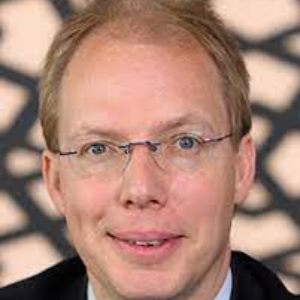Title : NPK fertilizer replacement by bacterial communities of Azotobacter chroococcum, Bacillus megaterium & Bacillus mucilaginosus
Abstract:
Since plants extract nutrients from soil, particularly monocultures need fertilizers for higher yields of production. Classic mineral fertilizers are of the NPK type (nitrogen + phosphorus + potassium). The nitrogen in mineral fertilizers, which is cheaper than organic one, comes from ammonium or urea, which have been produced in an energy-intensive process. Phosphorus is getting a scarce natural resource, so prices of fertilizers are expected to increase in future, putting farmers and their customers at risk. Several bacteria are known to fix nitrogen from the air, and others were reported to make P and K contained in mineral rock soluble and thereby bioavailable. The authors have obtained the best results with Azotobacter chroococcum to fix nitrogen, with Bacillus megaterium to solubilize phosphate and with Bacillus mucilaginosus to solubilize potassium. Growth experiments were made with barley, wheat and sweet sorghum. The bacteria were either applied to soil or to the seeds. Plant growth was studied based on germination rate, plant health (green) and plant growth (height). The bacterial consortium can help achieve good yields at low, stable production costs, with smaller environmental footprint than associated with mineral fertilizer only.



